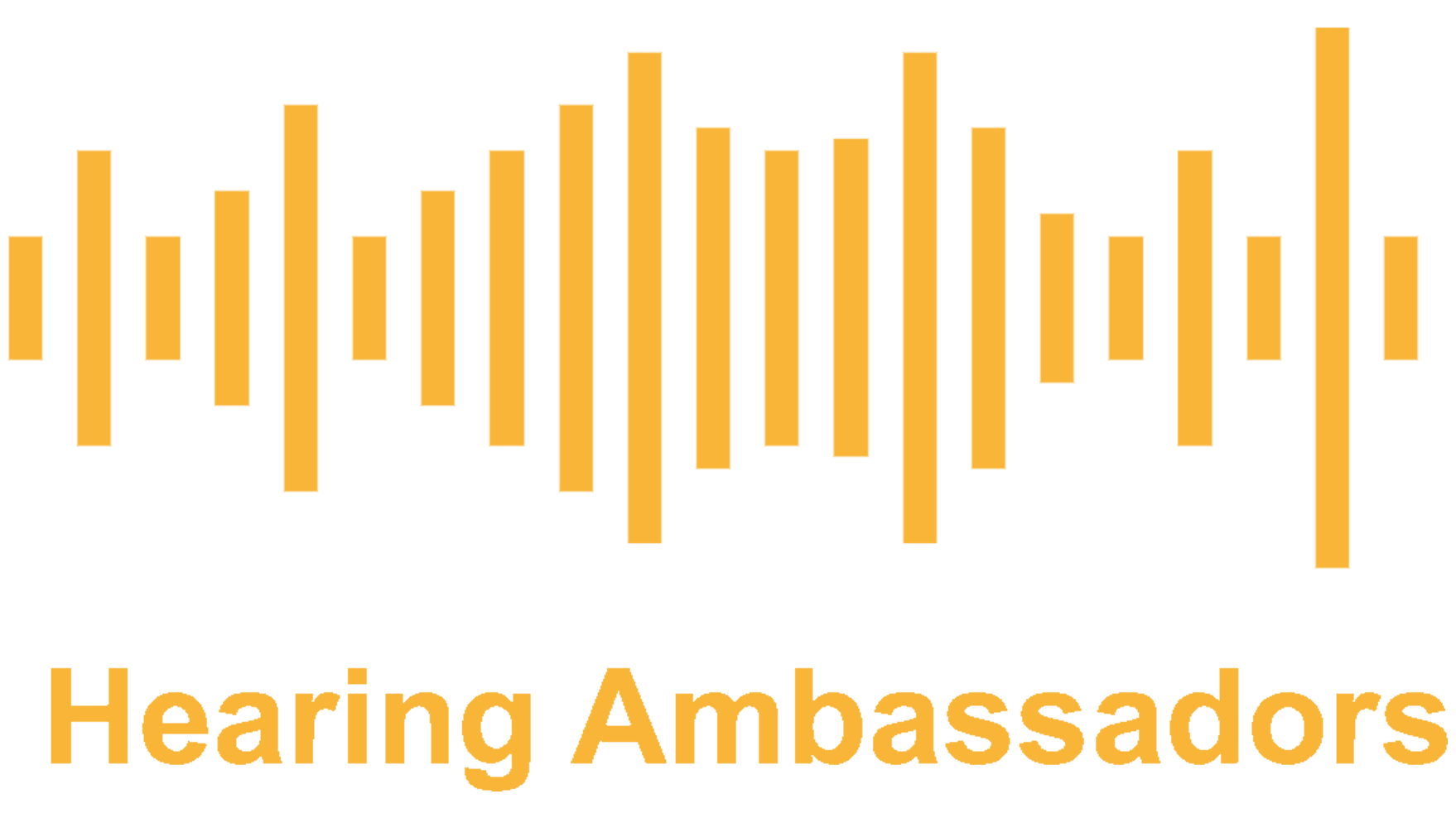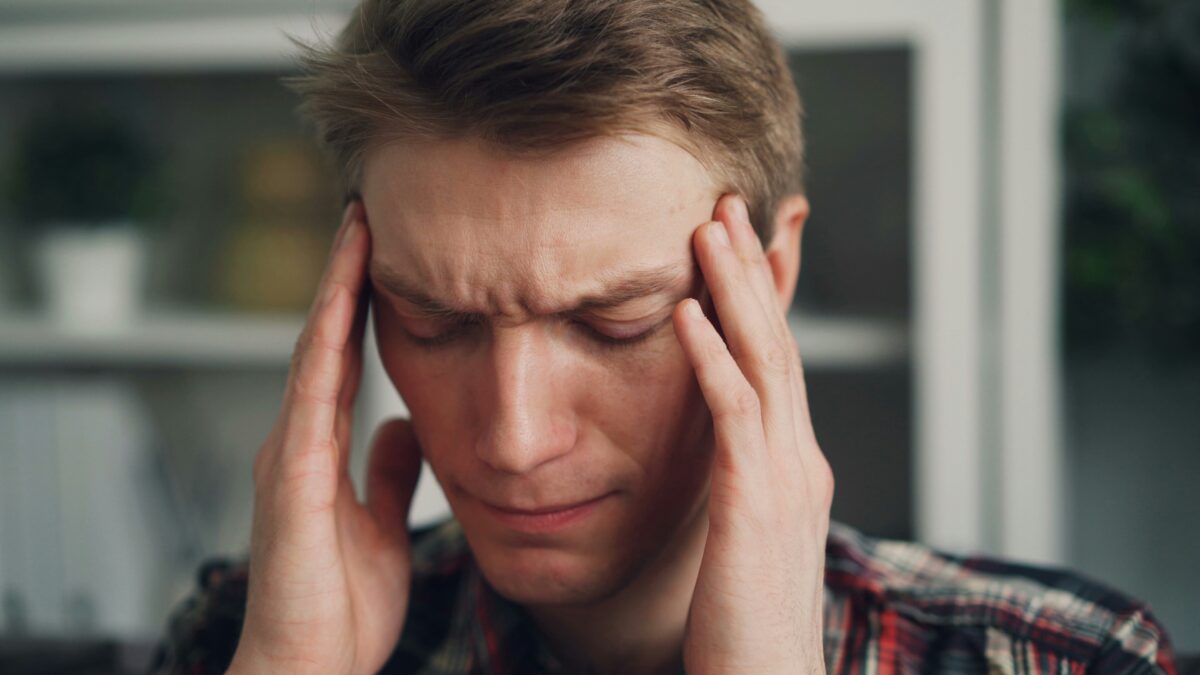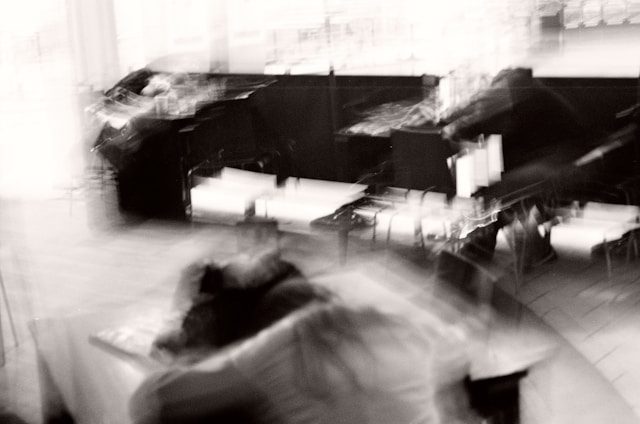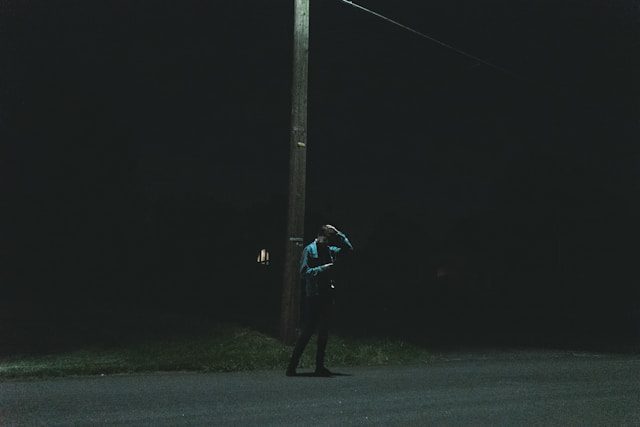Finding Your Feet
When you live with hearing loss, you might not expect difficulties with your balance. Yet, balance issues are surprisingly common for people who are deaf or hard of hearing. This is because the inner ear isn’t just responsible for hearing; it’s also home to the vestibular system, which helps us stay upright and steady on our feet. When your balance is affected, even slightly, it can lead to dizziness, unsteadiness, or a general lack of confidence when walking.
One of our ambassadors recently shared a brilliant insight about the balance exercise class that they attend:
“I’ve been taking balance exercise classes for HOH/deaf via Zoom, once a week, for five years now. Everyone in the class has hearing loss, so our classes are always captioned. Slowly, slowly I feel my balance and confidence have improved. I feel far more stable.”
So, in this article we ask whether balance exercises really work and can they help improve stability, mobility, and confidence.
Why Balance Exercises Matter

Our ability to balance depends on input from our eyes, muscles, joints, and inner ears. If hearing loss is related to damage in the inner ear and vestibular system, the brain may be less able to interpret motion and body position, leading to a greater risk of falls.
This is especially important as we age: falls are one of the leading causes of injury in older adults. Studies show that targeted balance exercises can reduce the risk of falls, improve posture, and strengthen muscles, which also helps maintain independence.
What Do Balance Exercises Involve?
Balance exercises can range from very gentle movements to more challenging routines. Common exercises include:
-
Standing on one leg (near a wall or chair for support)
-
Heel-to-toe walking
-
Tai Chi or gentle yoga
-
Side leg raises
-
Marching in place
-
Sit-to-stand repetitions
-
Turning your head slowly side to side while walking
These exercises help train your body to respond better to shifts in movement and weight, and they can be modified for any age or ability.
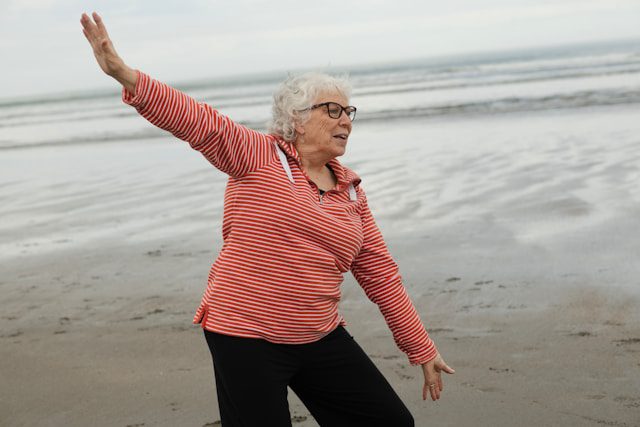
Can Balance Exercises Help People with Hearing Loss?
Yes—and there’s growing awareness of this. More and more classes, like the one our contributor mentioned, are being tailored specifically for people who are deaf or hard of hearing. These classes are often captioned, use visual cues, and allow extra time for instructions, which makes them more accessible and inclusive.
Even if your balance isn’t severely affected, regular practice can:
-
Improve your confidence when walking outdoors or on uneven surfaces.
-
Increase your muscle strength, which supports balance.
-
Help you feel more grounded and aware of your body’s movements.
How to Find a Class

-
Local community centres or health charities often run classes for older adults or people with sensory loss.
-
Online platforms like Zoom are now offering accessible classes specifically for the HOH/deaf community.
-
Search for terms like “deaf-friendly balance class,” “accessible fitness,” or “vestibular rehab for hearing loss.”
-
Check with hearing support organisations or balance/dizziness charities—they may offer referrals or run their own classes.
-
Speak to a physiotherapist—they can create a tailored programme based on your needs.
A Final Word
Like our Facebook friend said:
“I can’t scientifically prove balance exercise is helpful, but it sure doesn’t hurt! And after a while, it’s fun.”
That’s exactly the point. If it feels good, improves your confidence, and gets you moving, then it’s already working!
So if your world has felt a little off-balance lately, why not give it a go? Whether you choose a group class or practice from the comfort of your living room, a few simple moves might help you feel more sure-footed and more empowered.
Find out more about Hearing Loss and Balance on our website here [Hearing Loss and Balance]
Where to Look for a Class
If you are interested in exploring balance classes—especially those suitable for people with hearing loss—here are some good places to start:
Online Classes (Zoom & On-Demand)
-
YouTube Channels
Try searching “balance exercises for seniors” or “vestibular rehab exercises.” Some videos are captioned or include visual-only instructions. Look for creators like NHS Balance Exercises, Later Life Training, or The Otago Exercise Programme.
Other Resources:
-
Royal National Institute for Deaf People (RNID) [https://rnid.org.uk]
RNID doesn’t run classes directly but can help you find support groups or local organisations that do. They may also know of HOH-friendly fitness options. - Hearing Loss Association of America [https://www.hearingloss.org]
HLAA offers programs, events and a nationwide community of support that give people the tools to thrive with hearing loss. -
Age UK [https://www.ageuk.org.uk]
Many local Age UK branches offer gentle exercise classes, including falls prevention and balance workshops. Call your local branch and ask about accessible classes. -
Falls Prevention Services (via your GP or local NHS Trust)
If you’re experiencing balance issues, your GP can refer you to a falls prevention programme or a vestibular physiotherapist. Some services run group sessions specifically for people with sensory impairments. -
Your Local Deaf Centre or Hearing Loss Charity
These centres often host community events and may offer or know of tailored movement sessions. Try searching “[Your County] Deaf Centre”
